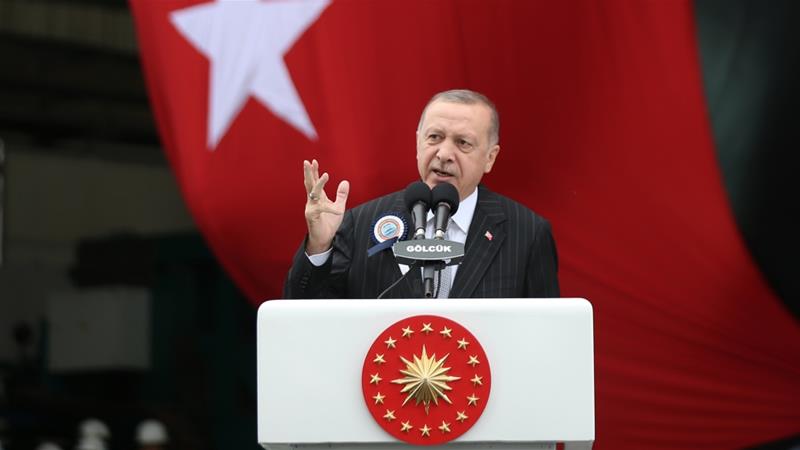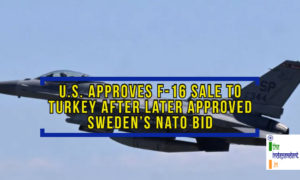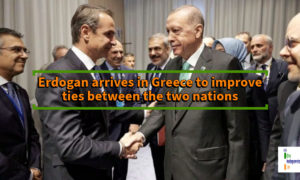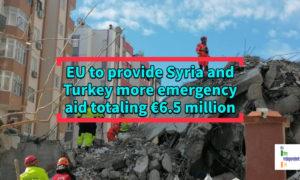
President of Turkey – Recep Tayyip Erdogan has announced to send military to Libya
Acting on the request of Libya’s internationally recognised Government of National Accord (GNA), the President of Turkey – Recep Tayyip Erdogan has announced to send military to Libya.
The GNA is an Interim Government for Libya that was formed under the terms of the Libyan Political Agreement, a United Nations (U.N.) led initiative, signed on December 17, 2015. The agreement was unanimously endorsed by the United Nations Security Council (UNSC), which welcomed the formation of a Presidency Council for Libya and recognized the Government of National Accord as the sole legitimate executive authority in Libya.
Announcing support to the Chairman of the Presidential Council of Libya and Prime Minister of the GNA – Fayez Mustafa al-Sarraj, Erdogan said that he will present a Bill in Turkish Parliament on January 7, 2020, for sending troops to Libya.
Speaking on the occasion, Erdogan said, “Since there is an invitation [from Libya] right now, we will accept it. We will present the motion to send troops [to Libya] as soon as Parliament resumes.”
He further added, “God willing, we will pass it in Parliament on January 8-9 and thus respond to an invitation.”
The announcement by Erdogan came after he met his counterpart, the President of Tunisia – Kais Saied during a surprise visit to Tunisian capital, Tunis and discussed developments in Libya. Erdogan and Kais discussed ways to establish a ceasefire and bring peace in the region.
Prior to this in November 2019, Turkey and Libya signed a Memorandum of Understanding (MoU) for security and military cooperation. However, the MoU does not entail a provision for sending troops. Hence, clearance from Parliament is required.
Trouble in Libya dates back to 2011 when a series of internal conflicts led to a civil war, foreign military intervention, and the ousting and death of Muammar Gaddafi. The civil war’s aftermath and proliferation of armed groups led to violence and instability across the country, which erupted into renewed civil war in 2014. The ongoing crisis in Libya has so far resulted in tens of thousands of casualties since the onset of violence in early 2011.
During both civil wars, the output of Libya’s economically crucial oil industry collapsed to a small fraction of its usual level, with most facilities blockaded or damaged by rival groups, despite having the largest oil reserves of any African country.
Libya has been divided into rival Eastern and Western Administrations since 2014, with GNA, currently controlling Tripoli, situated in North-Western Libya, and a parallel administration holding the Eastern region, supported by renegade military commander and head of Libyan National Army (LNA) – Khalifa Haftar’s. Since April 2019, Haftar has accused GNA of harbouring terrorist elements.
While Turkey and Qatar support GNA, Russia, United Arab Emirates (UAE), Saudi Arabia, Egypt and France support Haftar.







